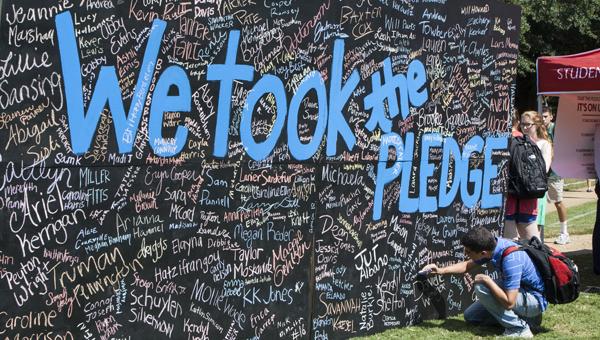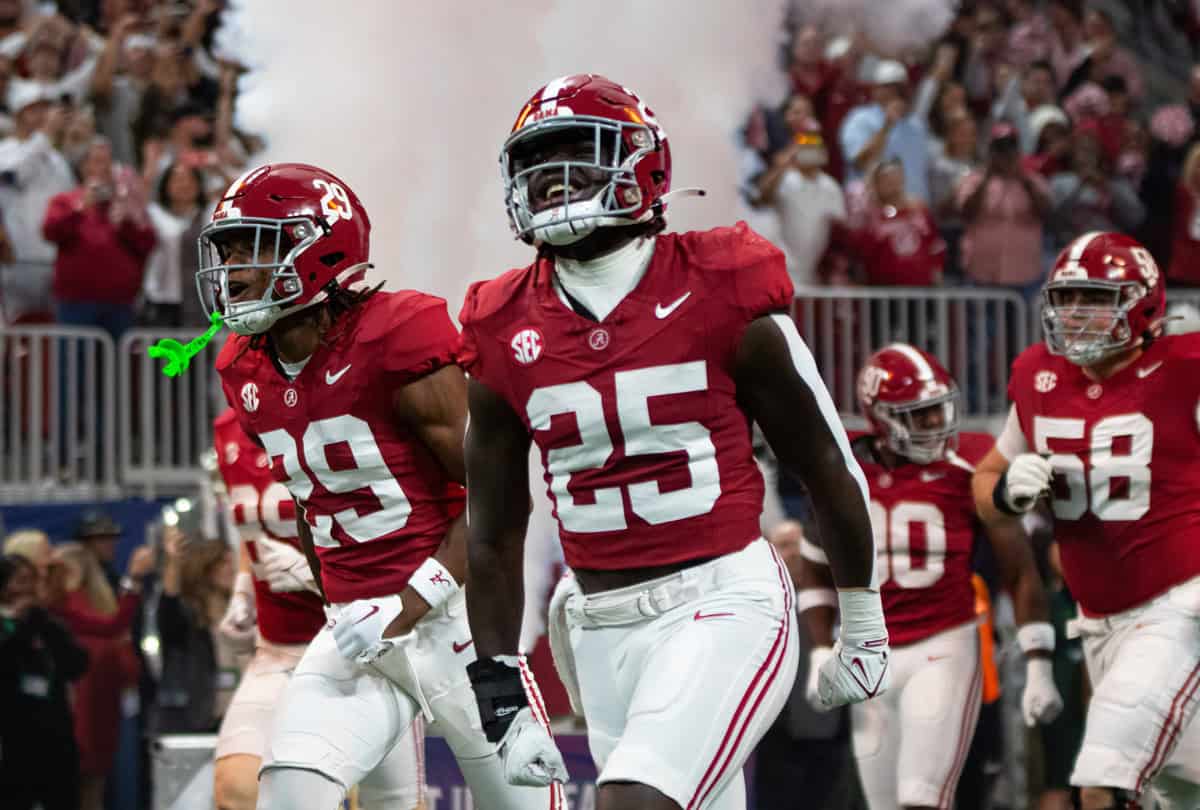Whenever I tell someone that I have been sexually assaulted, I always get the same look. It’s a pretty difficult look to describe, which is strange because it is very particular and stings painfully as it finds your face. It’s the kind of look that you give to someone when you feel like they’re trying to convince you of something that just cannot be. It’s the kind of look that you give to the conman as he tries to tell you that you can own the Golden Gate Bridge or the Pyramids of Giza. It’s the kind of look that a mother gives their child when asking about the cookie jar whose lid is slightly askew just before dinnertime. It’s the kind of look that sends chills through your spine because it signals that there is disbelief and, more insidiously, distrust. This look is suspicious and awkward. It’s confusing, disgusting, contesting and begrudging.
For me, it has been a look of judgment, pain, and anger—as if I have always been trying to take something away from someone else. That’s it. That’s the look.
I’ve never been sure if I get this look because I present myself as a “man.” What I mean here is that I present myself in such a way that others think that I am a “man” who lives in “masculine” clothes like pants, button-down shirts and short hair; that I heterosexually love my heterosexual partner; and that I do “manly” things that make me non-threatening to the order of things. I’ve placed these words in quotes because I believe that gender and gender performance are contestable categories—if they are categories at all.
People read my body in this way and, because of these markers, they assume that I am a “man,” which I am not. I am neither a “man” nor a “woman.” I have never been trapped in the wrong body or confused about a phase that I must be going through because these are narratives that have been created so that we do not critique the categories that we are so beholden to culturally. And no, oh constant critics, I do not think that this distinction about my gender identity and performance is out-of-the-way or beside-the-point. My gender identity and my gender performance are so often at odds with one another that I am viewed as a “man” and, therefore, I could not have been raped. I could not, as a “man,” have been sexually assaulted. I could not, as a “man,” have been stopped in Monnish Park after a long walk home by a stranger in a truck who asked me, “How much?”.
We are culturally conditioned to be suspicious of those bodies who are not white, able-bodied, heterosexual, virginal or middle-class who claim that they have been raped, sexually assaulted, abused or otherwise infringed upon. Our white supremacist, compulsively heterosexual society instills prejudices within us to think that there are specific bodies that can claim violence, pain or suffering. So, when “men” or queer people or people of color or people with disabilities speak on the sexual violences that have been committed against them, they are met with the “look.” When I claim that I have been assaulted by men in Tuscaloosa, Alabama,–sexually objectified by them in a most violent way–then I too am met with the “look.” I am tired of the look. It has had too much power over me for too long. It has accused my battered body of lies and deceit for far too long. There is no call to action here. This is a cease and desist.
Ben Ray is a graduate student in gender and race studies. He serves as the Event and Planning Coordinator for the UA Feminist Caucus.







